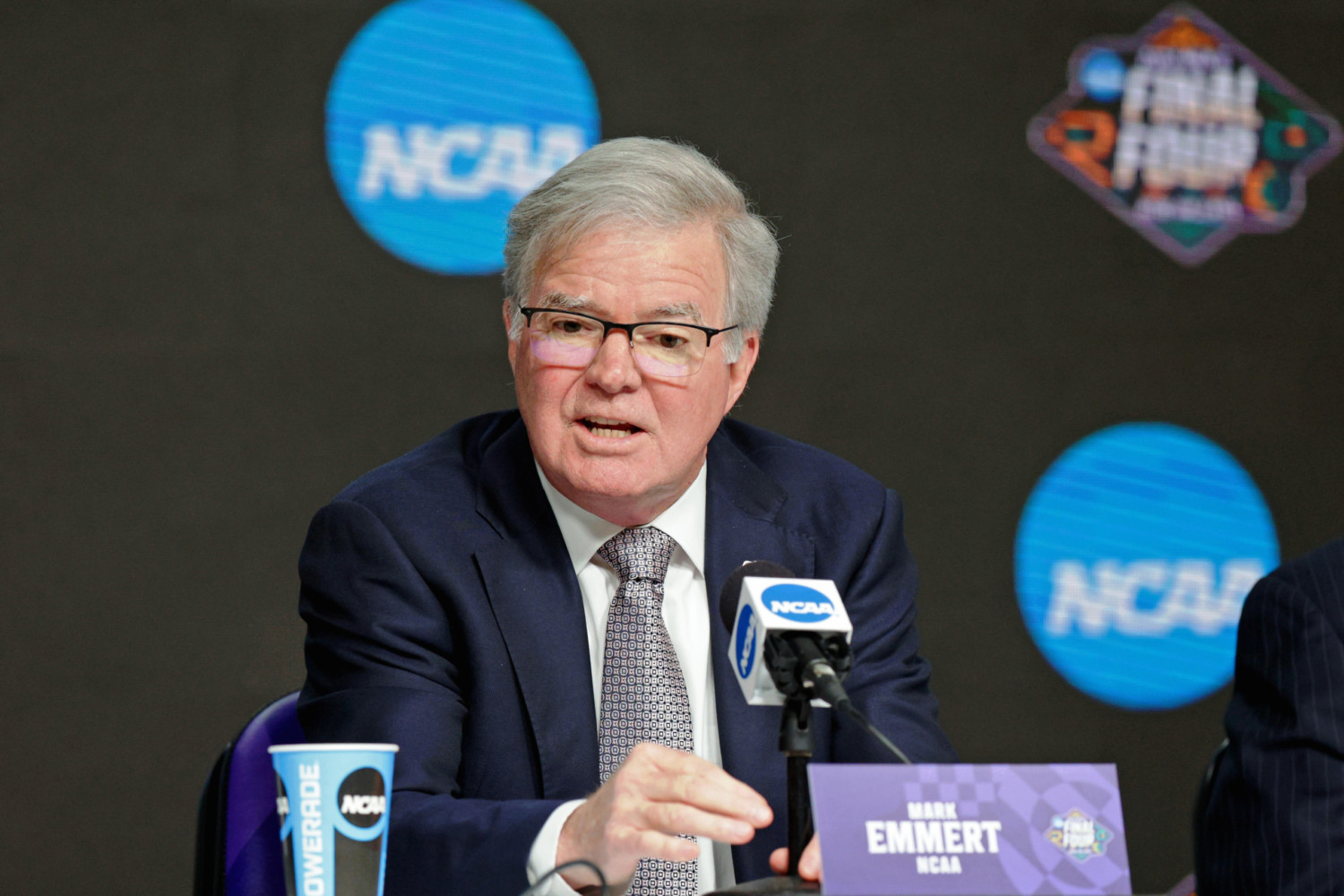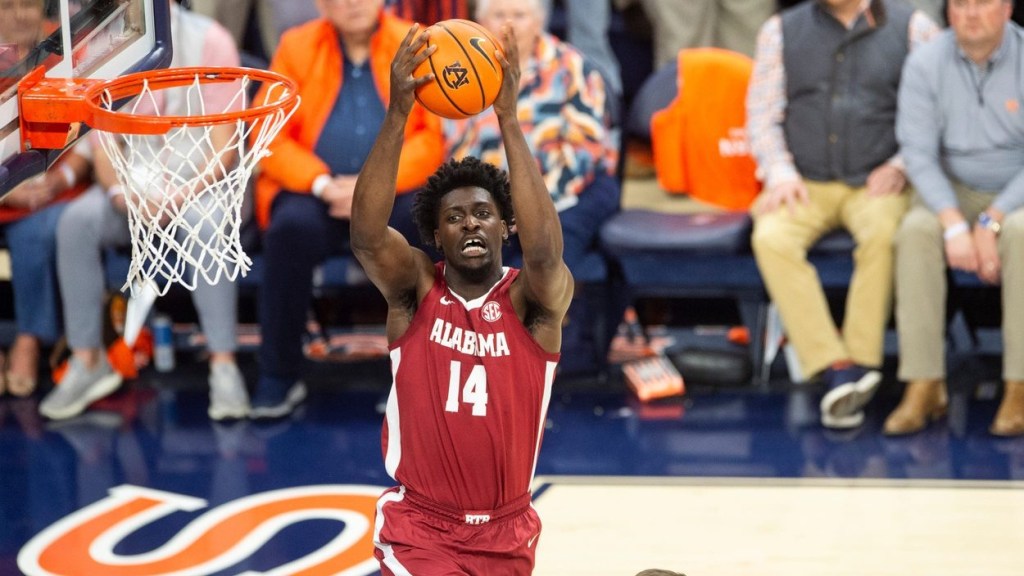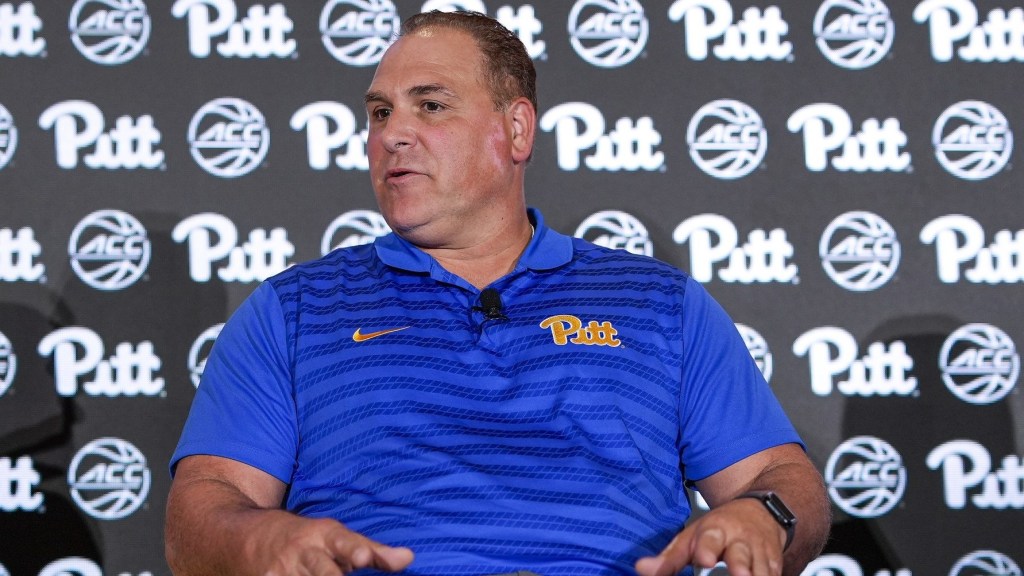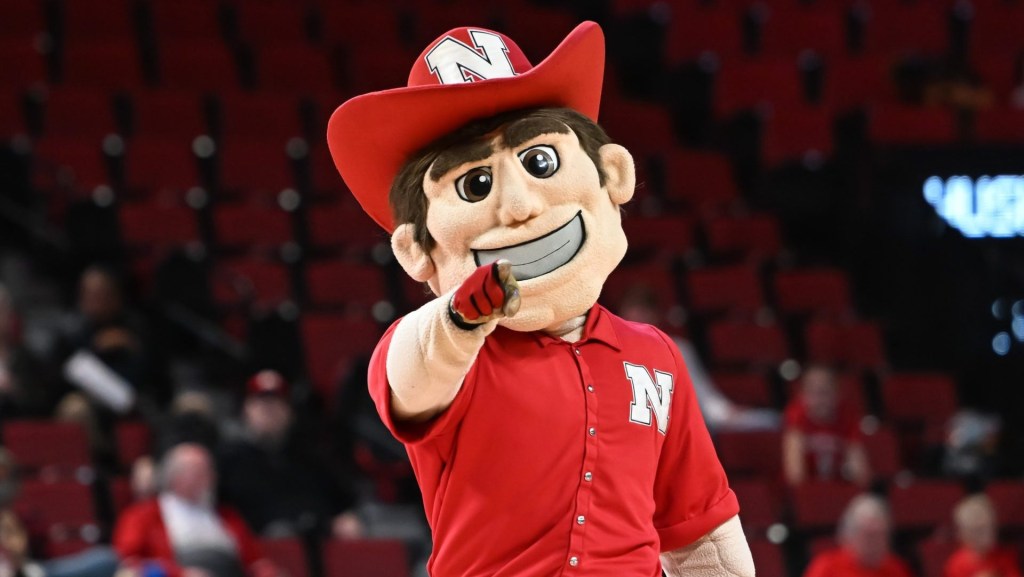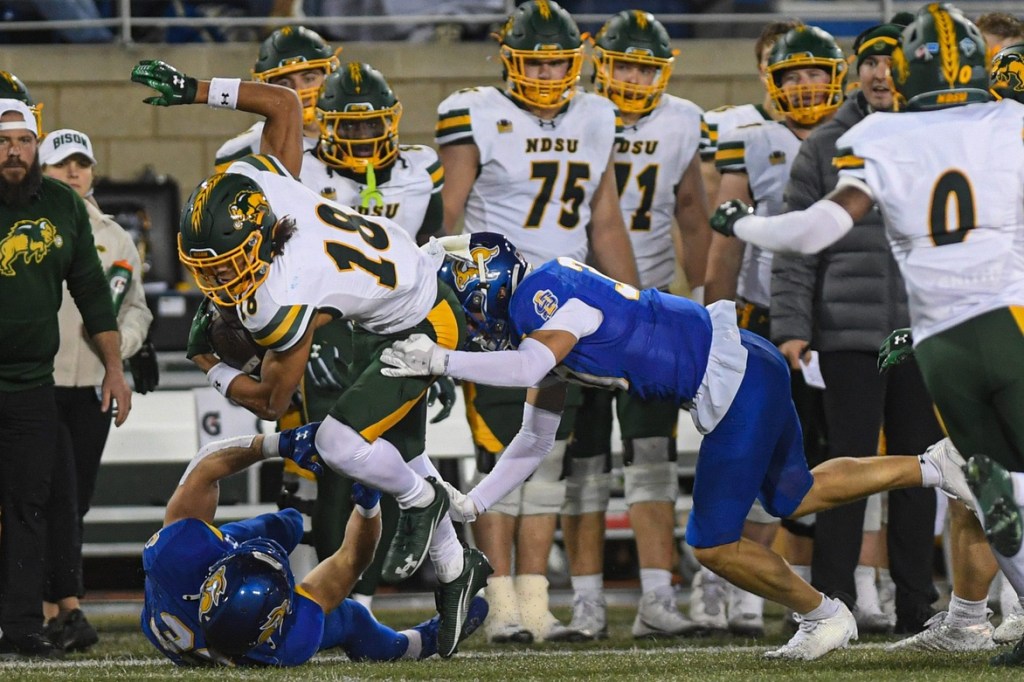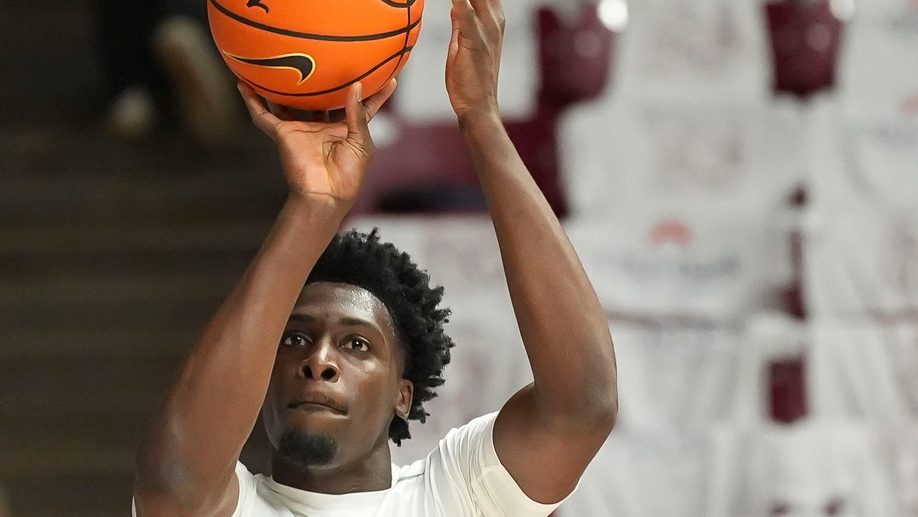NCAA President Mark Emmert’s more than decade-long tenure will come to an end by June 30, 2023, the governing body announced on Tuesday.
In a statement, NCAA Board of Governors chair John DeGioia said the decision was made “by mutual agreement with the board.”
“I am extremely proud of the work of the Association over the last 12 years and especially pleased with the hard work and dedication of the national office staff here in Indianapolis,” Emmert said in the statement.
The decision suggests a change of heart among the NCAA’s Board of Governors, which voted just last year to extend Emmert’s contract through 2025.
At the time, the decision was met with major criticism in the college sports community, who felt Emmert’s leadership was inadequate.
Emmert has overseen an NCAA that has increasingly given up power, made miscalculated legal moves, and often refused to accept change and bend to public opinion.
Just weeks before his quiet contract extension announcement in 2021, he reacted slowly and made excuses for the vast gender disparities between the Division I men’s and women’s basketball tournaments.
In fact, over the past two years of Emmert’s tenure, college sports has been in turmoil — and Emmert has spoken out only sparingly.
Emmert’s NCAA office largely left it up to divisions, conferences, and schools how to handle the COVID-19 pandemic, providing only guidelines. Name, image, and likeness rules have been in effect for less than a year. The anti-NCAA Supreme Court decision in the NCAA v. Alston case threatened the NCAA’s iron grip on amateurism, a business model that refuses to pay players. And the governing body, after voting on a new constitution to ensure its own survival, is in the midst of re-evaluating divisional structure and roles.
“With the significant transitions underway within college sports, the timing of this decision provides the Association with consistent leadership during the coming months plus the opportunity to consider what will be the future role of the president,” DeGioia said. “It also allows for the selection and recruitment of the next president without disruption.”
Emmert did, however, arguably serve his membership well as college sports’ main bogeyman. He was paid about $2.7 million annually, according to recent tax filings, to be the face of everything wrong with the NCAA — even when university presidents and conference and athletic department officials themselves were the ones voting in NCAA committees.
